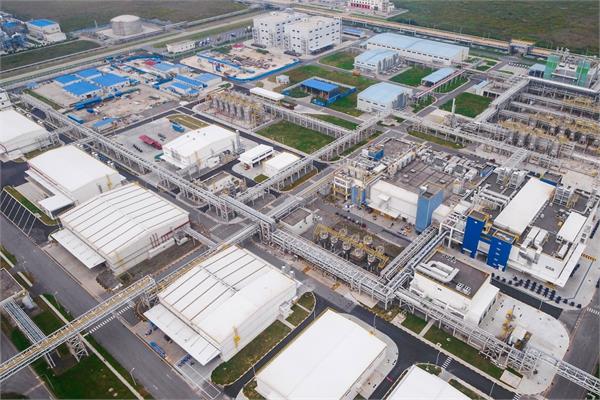
The usage of renewable energy will allow BASF to advance in its net zero strategy and provide customers with minimised carbon footprint coatings.
BASF has recently announced that its Minhang and Caojing automotive coatings sites in China as well as the associated resin plant will use 100% renewable energy for all their operations. Through a combination of Renewable Direct Power Purchase (R-DPP), purchase of I-REC international renewable energy certificate and other measures, the company estimates that it will avoid to generate 19,000 tons of carbon emissions through the end of 2023.
The Chinese facilities are part of a wider sustainability strategy focused on carbon reduction, material efficiency and safe and sustainable manufacturing processes. The company intends to reduce its CO2 emissions by 25%
in the next seven years and achieve the net zero emissions target by 2050.
“Sustainability is firmly anchored in our company strategy. We are proud to be one of the industry leaders to fully use renewable energy across our operations. It helps us to minimize the carbon footprint and further demonstrates BASF’s commitment to its net zero target. As a leading OEM coatings supplier in the automotive industry, we aim to meet the rapidly increasing sustainability expectations of our customers from OEMs and automotive component suppliers”, has stated Jack Zou, the vice-president of the Automotive OEM Coatings division of BASF for the Asia-Pacific region.